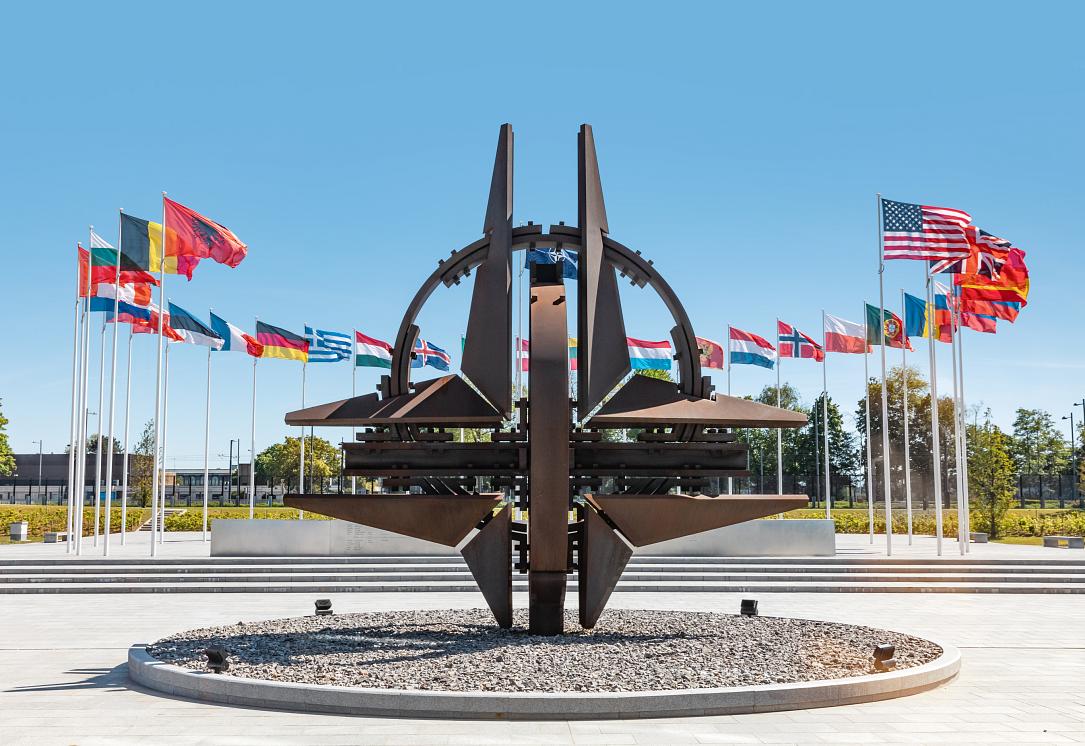Analysis shows that after years of anti-Western narratives, Romanians now have predominantly pro-Western attitudes



The Center for the Promotion of Participation and Democracy (CPD) of the National School of Political and Administrative Studies (SNSPA) has conducted a comparative assessment of data gathered from several opinion polls conducted from 2019 to date.
The findings show that the Romanian public is dominated by pro-Western attitudes, even after several years of anti-Western narratives, generated by the socio-economic effects of the pandemic, the rise of populist messages, and the challenges associated with the new crises.
"We were interested to see how trust in the West (EU, NATO, US), and in the East (Russia) respectively, has evolved. Moreover, we were interested to see the structure of each side of the public and to assess which parameters influence this trust," says the release quoted by Digi24.ro.
More than half of Romanians trust the West, while trust in Russia has plummeted since the start of the war. Two-thirds of Romanians trust NATO and the EU, and half trust the US.
The pro-American segment has a more pronounced older public component, while young people have more trust in the EU and NATO compared to the average population.
Predictors of trust in Western geopolitical actors include higher education, non-populist attitudes, and high media consumption.
"The group with pro-Russian attitudes is still small, with a higher representation of inactive young people (young people without jobs or higher education), people with populist attitudes and voters of populist parties or the Hungarian minority," the source says.
The analysis also conveys that voters of the main political parties (PSD, PNL, USR) are mostly pro-Western, while AUR voters are closer to pro-Russian attitudes.
The Center for the Promotion of Participation and Democracy (CPD) is a unit for research, analysis, and evaluation of citizens' participation in the democratic process at both a national and European level. Created within the SNSPA, the CPD brings together experts in fields such as political science, sociology, administrative sciences, communication, international relations, and European studies.
(Photo source: Palinchak | Dreamstime.com)